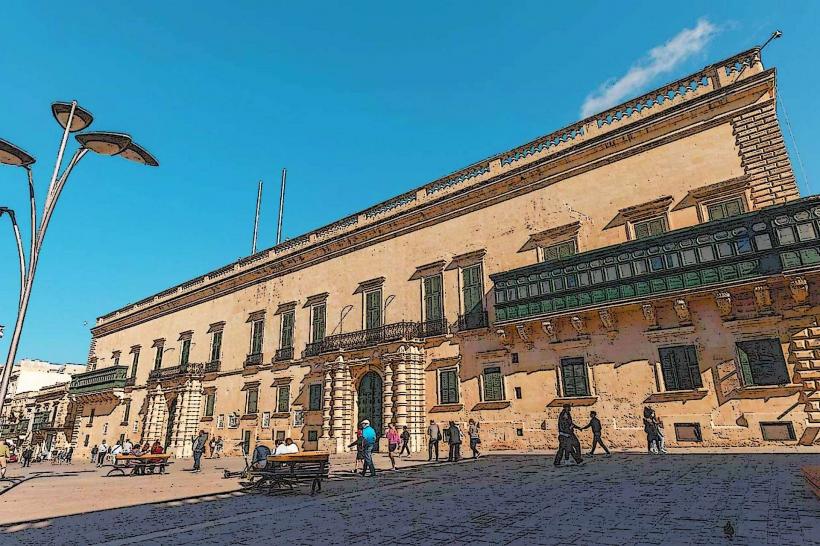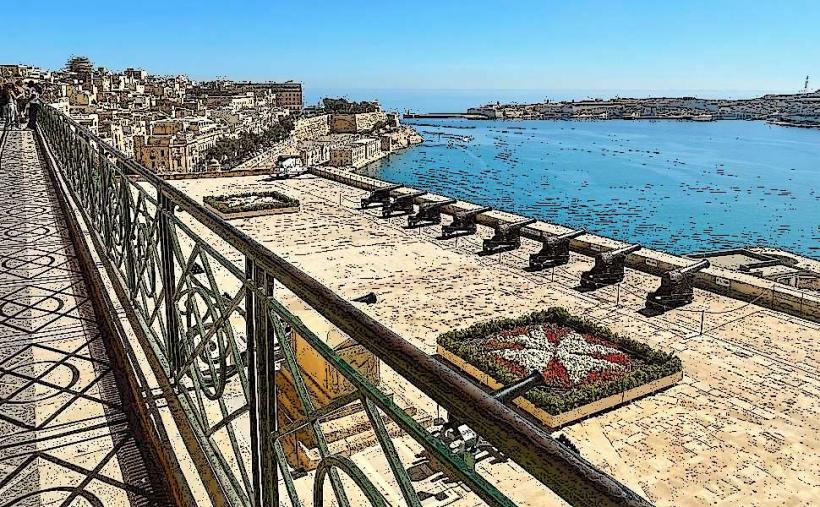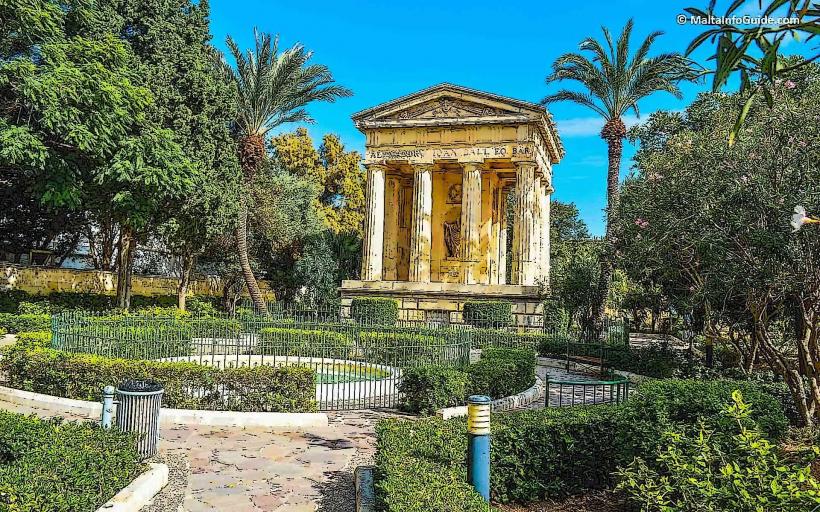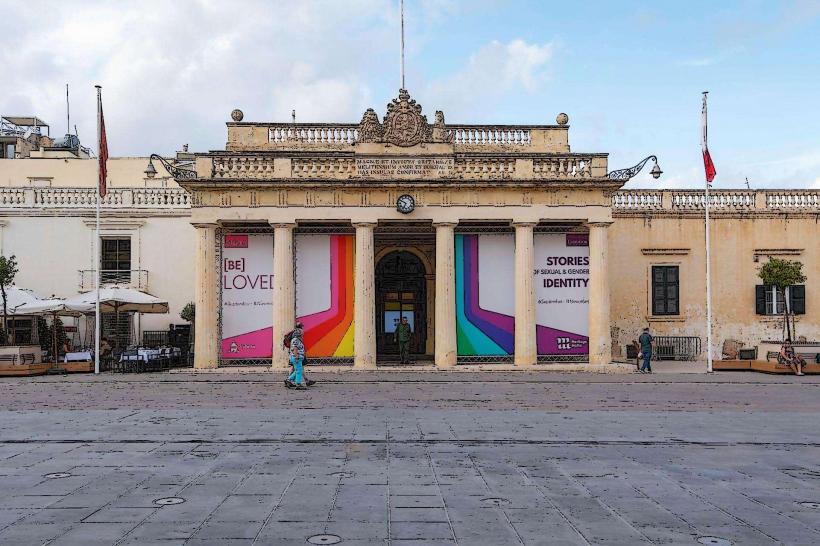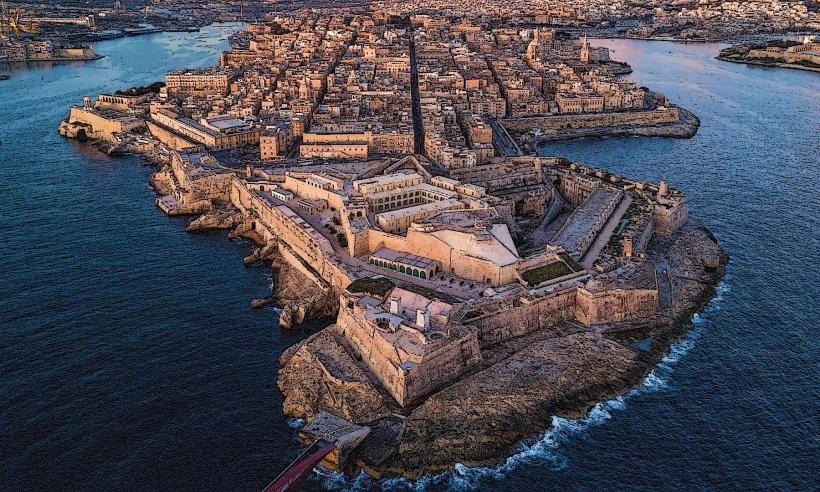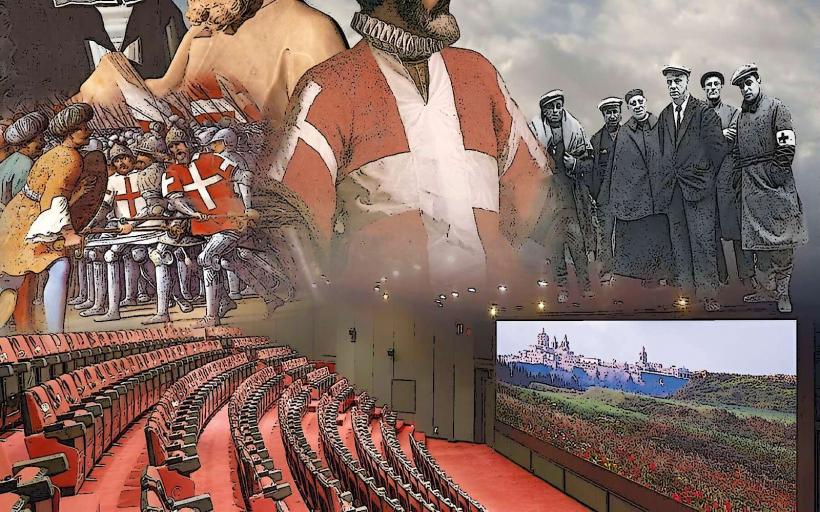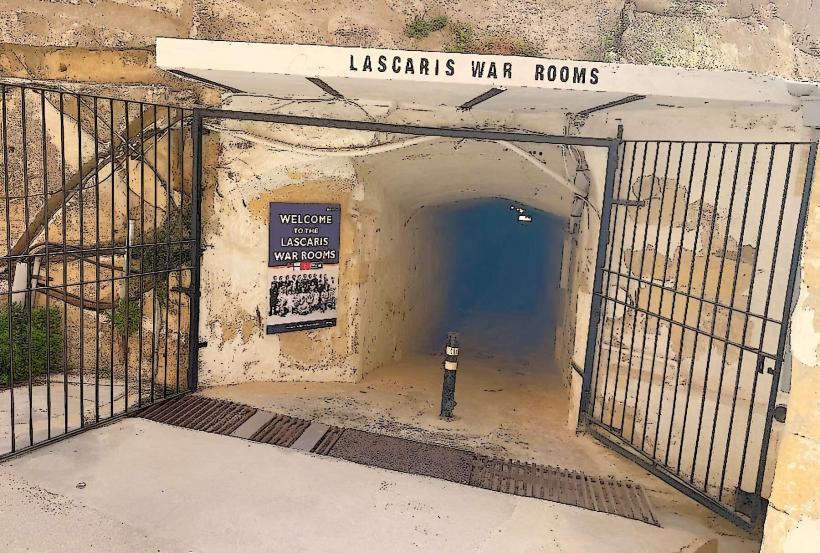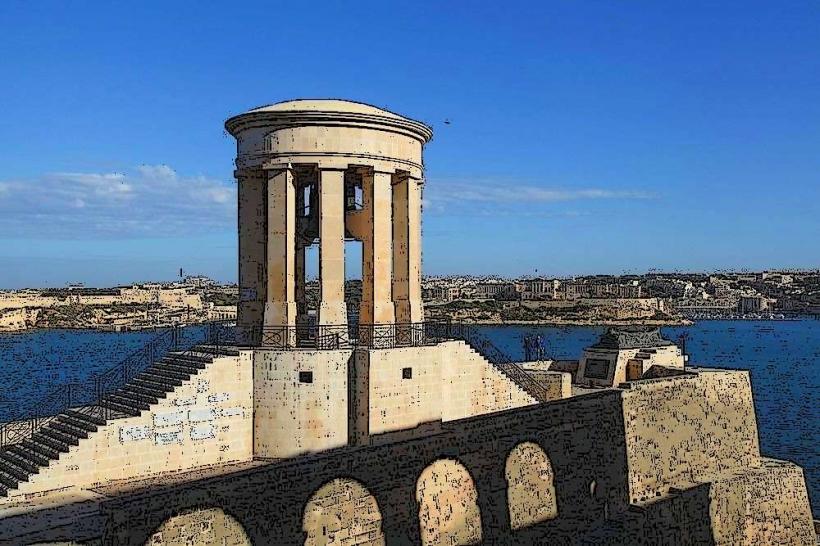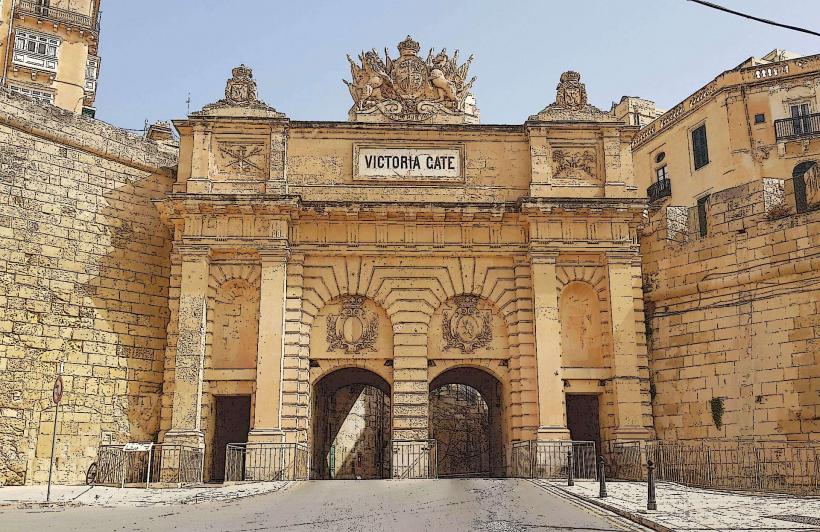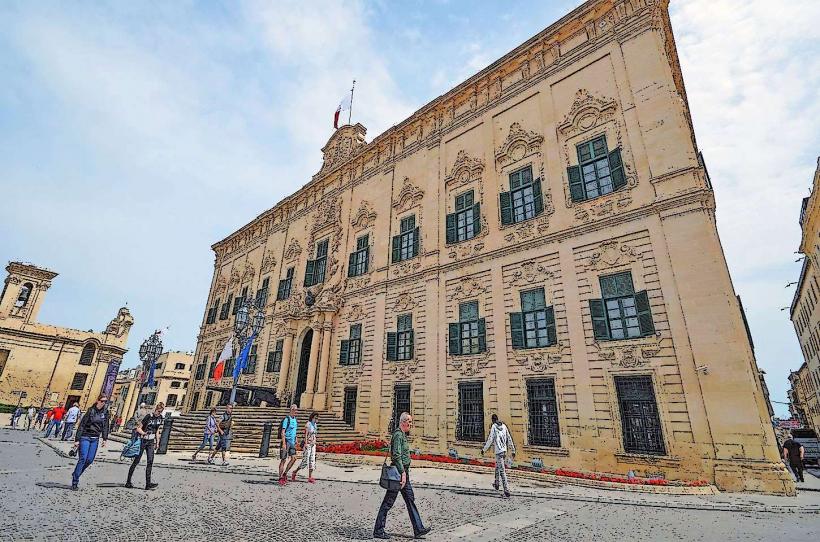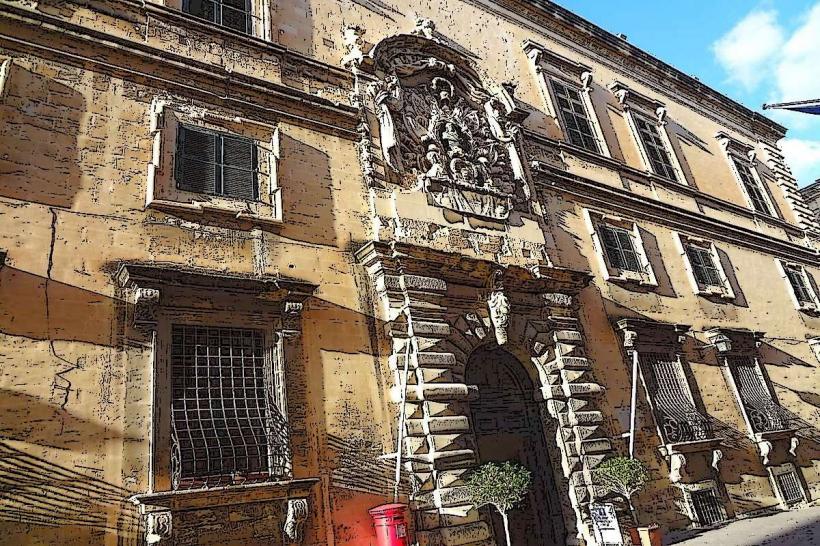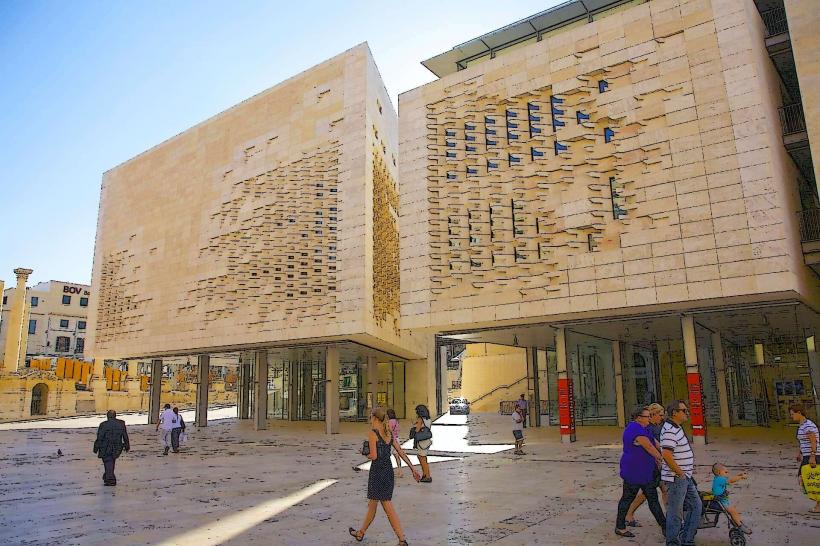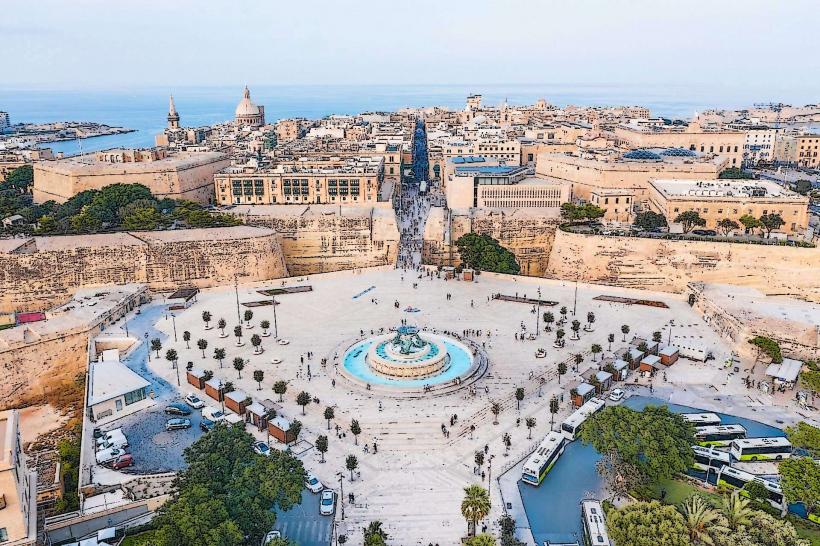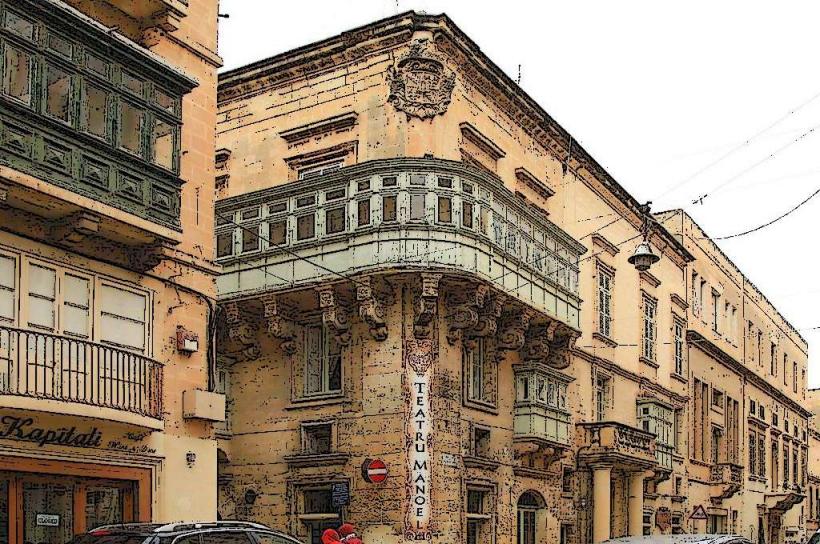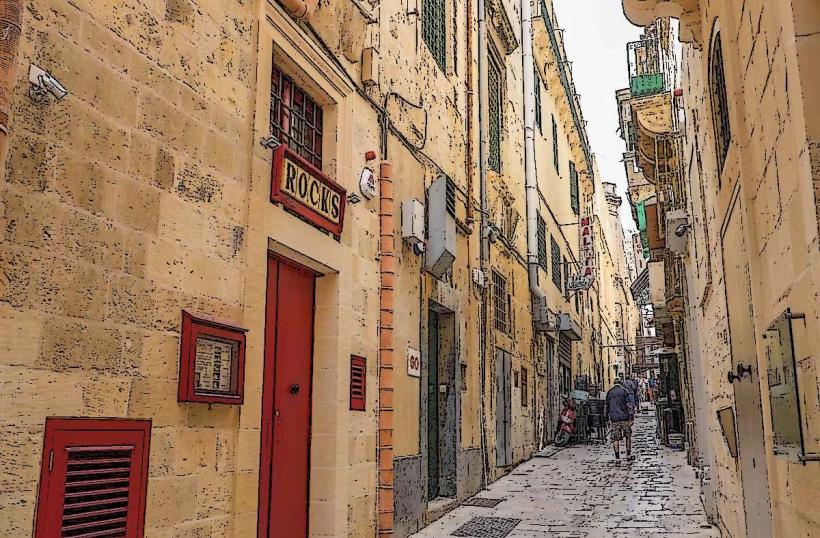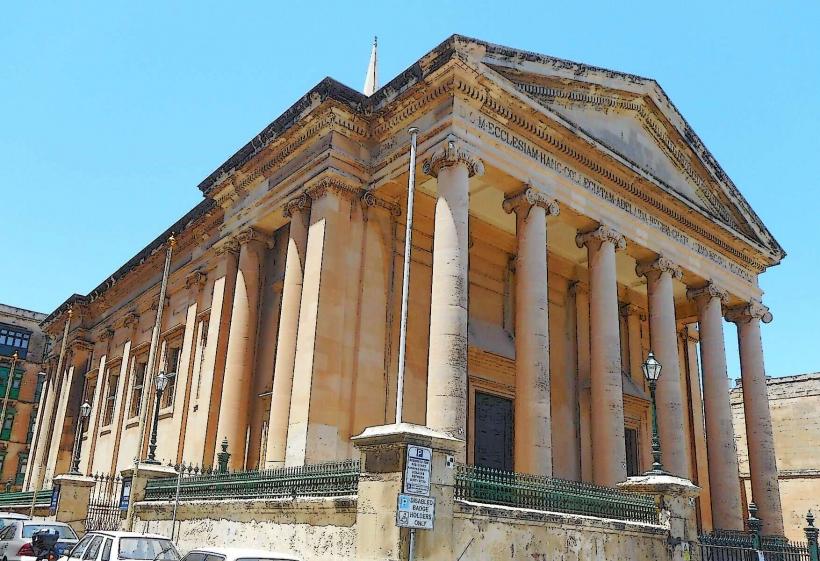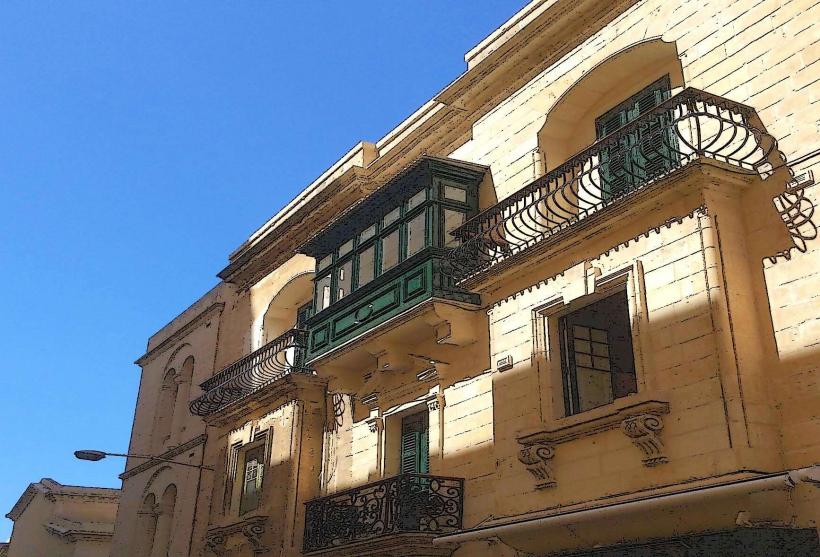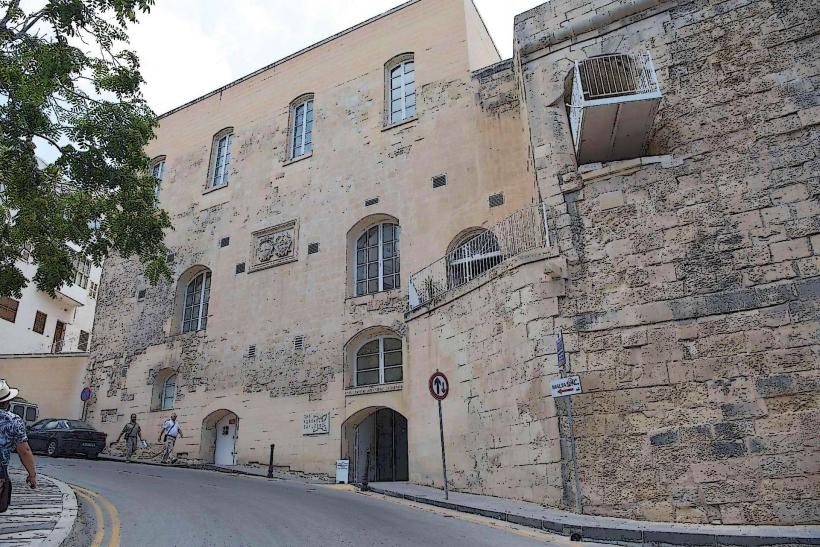Information
Landmark: Casa Rocca PiccolaCity: Valletta
Country: Malta
Continent: Europe
Casa Rocca Piccola is a historic noble residence in the heart of Valletta, Malta. The house is one of the few remaining examples of the aristocratic homes that once lined the streets of Valletta and provides a fascinating insight into the lives of the noble families who shaped the island’s history over the centuries. It is still privately owned and maintained by the de Piro family, descendants of the noble line that has lived there for over 300 years.
History of Casa Rocca Piccola
Construction and Early History: The house was originally built in the 16th century, likely around the time of Valletta’s foundation by the Knights of St. John in 1566. The building’s name, "Rocca Piccola," means "small rock" in Italian, referring to its position and size compared to other noble residences. The house was designed to reflect the prestige of its owners, a noble family with close ties to the Order of the Knights of St. John and later with the British colonial administration.
The de Piro Family: The residence has been owned by the de Piro family for several generations, and the family’s deep connection to Malta’s history is evident in the house's many rooms, paintings, and heirlooms. The de Piros played a significant role in the local community, with family members serving in various important roles, including in the Maltese military and government.
The Family Legacy: The de Piro family still occupies part of the house, ensuring its upkeep and preservation. Today, the house stands as both a museum and a living heritage site, offering visitors the chance to experience what life was like for Malta’s noble families in the past centuries.
Architectural Features
Baroque Architecture: Casa Rocca Piccola is an excellent example of Baroque architecture, characterized by its grand interiors, detailed decoration, and use of luxurious materials. The house showcases the opulence typical of the Maltese nobility during the 17th and 18th centuries.
Rooms and Layout: The house consists of several rooms, each filled with historical furniture, tapestries, and paintings. The rooms are arranged around a central courtyard, and many retain their original features, such as ornate woodwork, frescoed ceilings, and marble floors.
The Gardens: While the house is located in the heart of Valletta, it features a small but charming garden. The tranquil space offers a bit of greenery amidst the city’s urban landscape, with views of the harbor and the surrounding areas. The garden provides a unique atmosphere, contributing to the residence's sense of peaceful elegance.
What to See in Casa Rocca Piccola
The Noble Rooms: Visitors can explore the living quarters of the de Piro family, including the drawing rooms, dining rooms, and private chambers, many of which are adorned with beautiful family portraits and antiques. The furnishings are a mix of Maltese, Italian, and French styles, reflecting the family’s connections to the broader Mediterranean aristocracy.
The Library: One of the highlights of the house is its impressive library, filled with old manuscripts, books on art and history, and documents that trace the family’s history. The library is a testament to the scholarly nature of the family and their involvement in the cultural and intellectual life of Malta.
The Chapel: Casa Rocca Piccola has its own private chapel, which was once used by the family for private religious ceremonies. The chapel is decorated with sacred art and features a collection of relics and religious artifacts from the family's long history.
Underground Tunnels and War Shelters: During World War II, Casa Rocca Piccola was used as a shelter during air raids. The house contains a network of underground tunnels and bomb shelters, where visitors can learn about how the Maltese people lived through the war. The war rooms are preserved with vintage items, including rationing materials, gas masks, and other artifacts from the period.
Historical Exhibits: Throughout the house, there are various exhibits that provide context for Malta’s history. These include displays on the Knights of St. John, Maltese nobility, and local traditions, as well as stories of the family’s involvement in key events in Malta’s past.
Visitor Experience
Guided Tours: Casa Rocca Piccola offers guided tours, which are an essential part of the visit. The tours provide visitors with a deeper understanding of the house's history, its art collection, and the lives of its residents. Family members often lead the tours, offering a personal touch and insight into the family’s long history in Malta.
Opening Hours: Casa Rocca Piccola is typically open to the public daily from 10:00 AM to 4:30 PM, with tours starting at regular intervals. It's always advisable to check the official website for the most up-to-date information, especially for holidays or special events.
Admission Fees: Tickets are generally moderately priced. There are discounts for students, seniors, and children. Special group rates are also available.
Family-Friendly: While Casa Rocca Piccola is primarily a historical site, it is also accessible for families. The guided tours are engaging and often tailored to suit younger visitors, making it a good choice for families interested in history.
Why Visit Casa Rocca Piccola?
Rich Historical Context: Casa Rocca Piccola offers a detailed view of Malta’s noble heritage and provides a fascinating glimpse into the lives of the aristocracy during the Baroque period. Visitors can learn about the island’s complex history through the family’s personal story, artifacts, and historical connections.
Unique Atmosphere: Unlike many other museums, Casa Rocca Piccola retains a living presence, as the de Piro family still resides in part of the house. The blend of a historical site and a family home gives visitors a unique experience.
Historical Artifacts: The extensive collection of family heirlooms, art, manuscripts, and furniture provides valuable insight into the lifestyle of the nobility during Malta's colonial and medieval eras. The integration of the library and artworks adds a cultural layer to the experience.
War History: The underground shelters are a poignant reminder of Malta’s role during World War II and provide a deeply moving aspect of the tour.
Nearby Attractions
St. John’s Co-Cathedral: A short walk from Casa Rocca Piccola, this is one of the most famous and important landmarks in Valletta. The cathedral is renowned for its ornate Baroque architecture and the works of Caravaggio.
Upper Barracca Gardens: These gardens are close by and provide stunning views of the Grand Harbour and the surrounding Three Cities.
The Grandmaster’s Palace: Another historical site in Valletta, offering a glimpse into the political power center during the time of the Knights of St. John.
Conclusion
Casa Rocca Piccola is a beautiful and well-preserved example of Maltese nobility and an excellent place to explore Malta’s aristocratic heritage. Whether you're interested in history, architecture, or war history, the house offers something for everyone. The family-run tours make it a very personal experience, with the de Piro family offering unique insights into the island's past.


